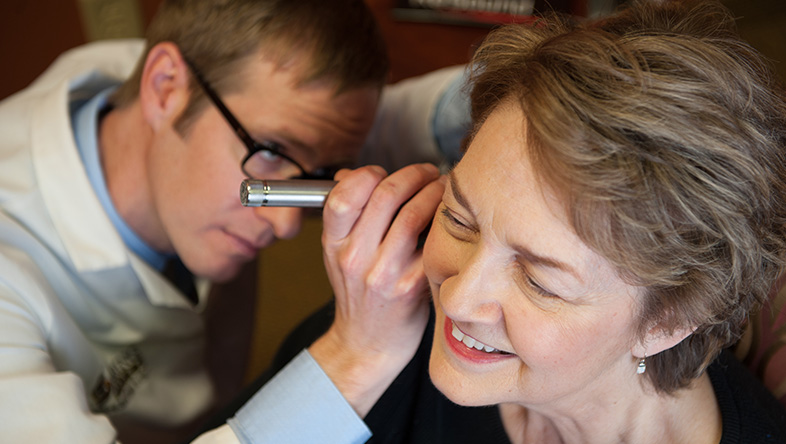
A Deeper Dive into Cognition & Audiology: 2022
Approximately 55 million people (globally) have acquired dementia and that number is expected to triple in the next 28 years (by 2050). Despite disappointment regarding the pharmacologic treatment of Alzheimer’s disease (there are as-of-yet no drugs which cure or reverse Alzheimer’s Disease) when cognitive disorders are screened, diagnosed, and managed early, the opportunity to positively alter the trajectory of cognitive decline increases. In this article, we’ll examine some lesser-known factors and recent peer reviewed findings which may impact our understanding of the relationship between cognition and audition.
The familiar terms mild cognitive impairment and dementia have been updated. The most recent Diagnostic and Statistical Manual of Mental Disorders-Fifth Edition (DSM-5) uses the terms mild neurocognitive disorder (MiNCD) and major neurocognitive disorder (MaNCD), respectively. Stokin et al report the term mild cognitive impairment (MCI) was originally applied exclusively to elderly study participants. However, the contemporary term mild neurocognitive disorder (MiNCD) includes acquired cognitive disorders across all ages. They report MiNCD has typically been thought of as an intermediate step between normal cognitive aging and dementia. Further, the term dementia has been replaced with the less pejorative major neurocognitive disorder (MaNCD). MiNCD typically includes self-acknowledged or caregiver observation of memory complaints. In 2022, some 15% (or more) of people aged 60 and older have MiNCD and approximately 10-12% of the people with MiNCD develop dementia each year.
Posted: March 29, 2023
Tags: audiology
Category: Audiology
